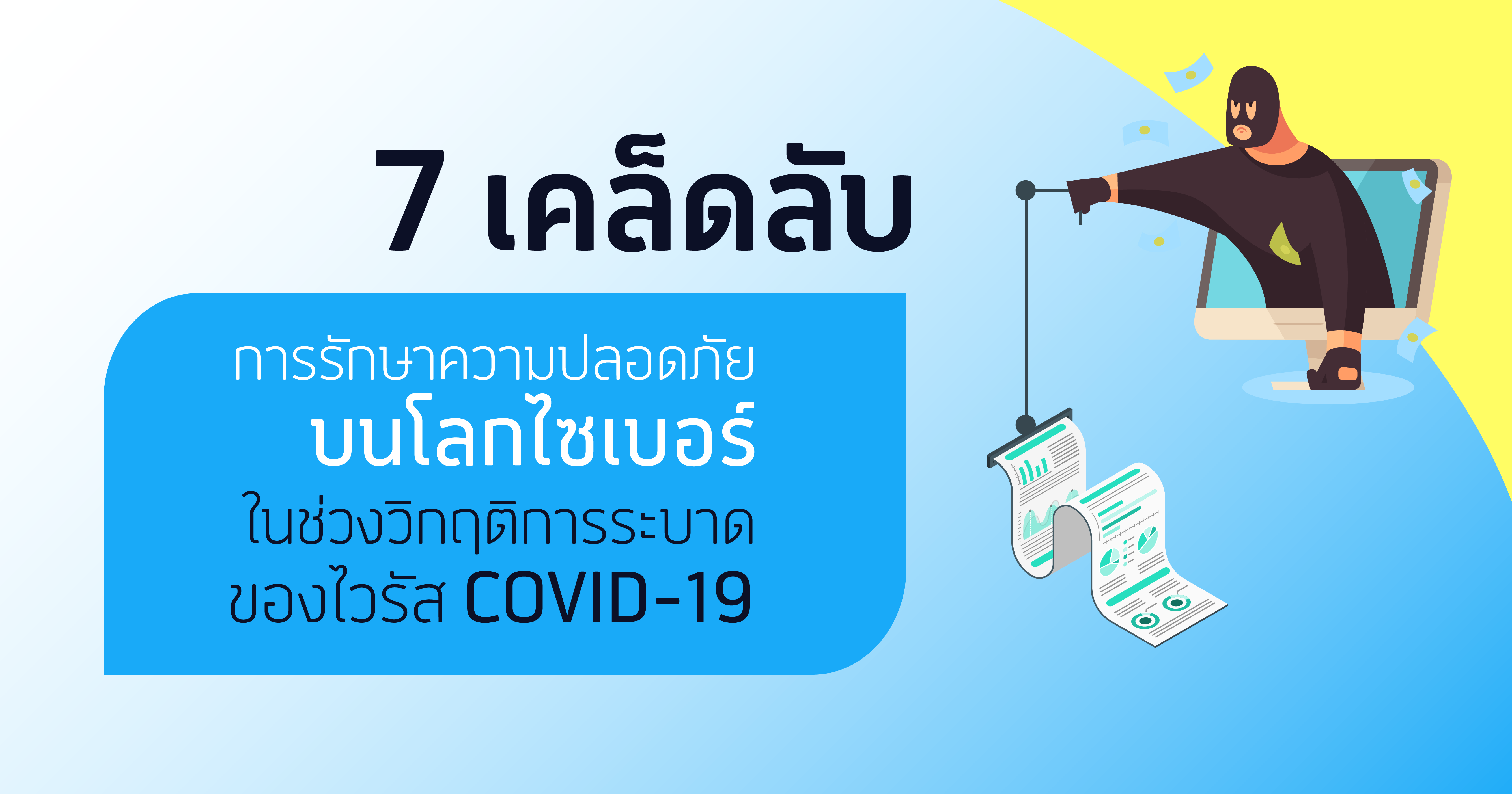There is a surge in criminal activity by hackers and fraudsters exploiting our fears about COVID-19. Cybercriminals are impersonating the World Health Organization and critical national authorities to conduct fraud and phishing or spread fake information.
Prathet Tankuranun, Chief Technology Officer, dtac, said: “It’s important to be extra cautious of cybercriminals right now. The US Federal Bureau of Investigation and Europol have both warned against a rise in attacks that prey on fears of COVID-19. In Thailand, the government has also issued an emergency decree with harsh penalties for sharing false information online. But ultimately, you are best positioned to protect yourself if you learn to spot the telltale signs of a cybercriminal.”
Here are seven tips from the security experts at dtac to help you stay safe.
- Only trust information from verified sources. Follow news from reliable media sources rather than rumors on Twitter or sent via social media. At dtac, we have created an information portal for dtac employees to find information they can trust. Check with your organization what the official communication channels.
- Verify that the sender is who they claim to be. When you receive an email, check if the e-mail address is correct for the alleged individual or organization. If unsure, contact the sender through alternative communication, such as by calling them.
- Verify links in e-mails before you click on them This can be done by hovering the mouse over the link to see if the link truly leads you to where it says it will.
- Be wary of unknown messages urging you to open attachments Verify that the email genuinely comes from who it claims to be. If you have doubts, don’t open it. As mentioned in Tip #2, you can also verify the sender’s identity by contacting them through a channel other than email.
- Be skeptical of requests to provide sensitive information such as username, passwords, credit card details etc. Official organizations will never ask for such information openly on e-mail and websites.
- Don’t believe offers that are too good to be true. If it’s impossible to find certain goods, or certain medical supplies, be very cautious of someone offering these goods and services online. Never send money upfront to someone you don’t know.
- Don’t share bank card details or personal financial information. Be very suspicious of message or calls that ask for this type of information, even if they claim to be from a reputable organization.

